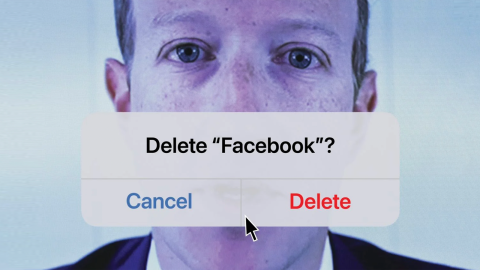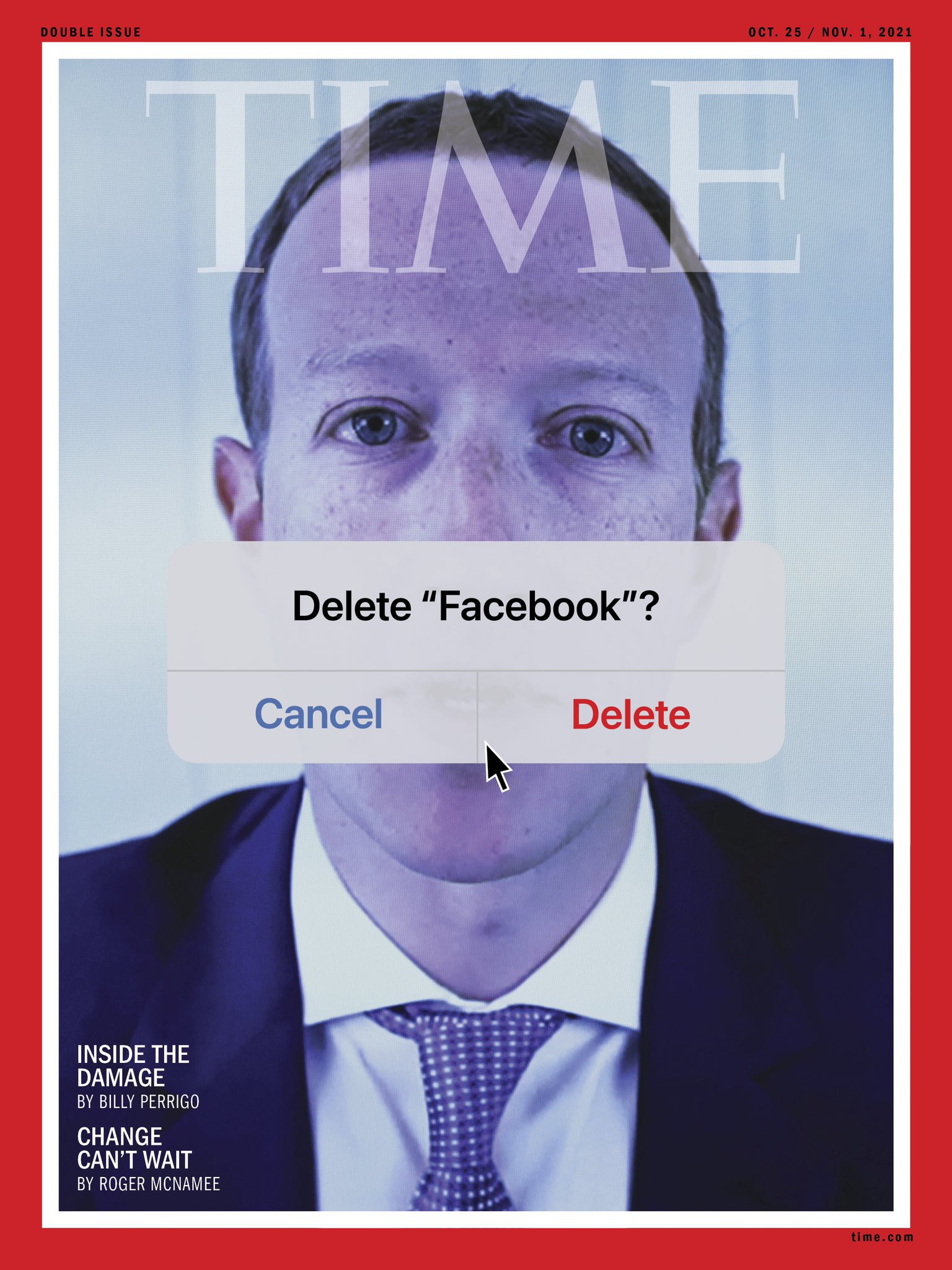Bombastic eulogies: Let’s put an end to cynical “The End of” headlines

- The media has been predicting the end of Amazon, Google, Facebook, and other Big Tech companies for years.
- Techno-pessimism rules the headlines despite the blatant contradiction with reality.
- Big Tech's dominant counternarrative is one of continual progress.
“Is Silicon Valley’s golden era coming to an end?” asked The Guardian recently. “Oy, not again,” I thought to myself. Despite various headlines like that, especially during the pandemic and the expansion of remote working, Silicon Valley is still the center of the tech world. “The industry obituary has been written prematurely a few times,” Margaret O’Mara, a professor at the University of Washington, told the reporter.
It has happened more than a few times.
Bombastic eulogies that were entirely wrong
A Forbes headline bluntly stated in 2011: The End of Facebook. Why? “Facebook suicide.” The article by Tim Worstall did not talk about actual suicides occurring because of Facebook, or suicides being live streamed. It described the fact that people were deactivating their accounts in May 2011. Will Heaven, then deputy editor of Telegraph Blogs, concluded that it’s possible that “Facebook survives” this new phenomenon but “is vastly reduced in size.”
“Here’s why Google and Facebook might completely disappear in the next 5 years“ is painful to read. The investor Eric Jackson claimed in 2012 that “your long-term viability as a company is dependent on when you were born.” With the rise of mobile, “Web 1.0 and 2.0 companies” seemed unadaptable “to this new paradigm.” So, in the next five years, “both Google and Facebook could be shells of their current selves — or gone entirely.”
Facebook was basically dead and buried in 2013 because UK teens thought it was no longer cool. (To balance the funeral atmosphere, a Business Insider piece explained why “the theory that Facebook is going to die altogether is moronic.”) Joshua Topolsky, co-founder of The Verge, wrote an article headlined “The end of Twitter” in 2016. “Social media is a scale game or a product game, and Twitter is failing at both.”
In October 2017, we once again were told that ”this could be the end of Facebook.” This came in the wake of the 2016 election meddling revelations. The interviewee was Scott Galloway from NYU who, in 2018, also announced the end of Snap and Tesla. “Snapchat and Tesla were sold this week. They just don’t know it yet.” It’s 2022, and they still don’t know it.
Of course, there have been so many eulogies that naturally there is a “Predictions of the end of Google” Wikipedia page — which is itself amazing, considering that there have been “predictions of the end of Wikipedia,” too.
Books titled The End of Hardware and The End of Software (from 2009 and 2004, respectively) are available on Amazon, whose imminent death was affirmed in 2019 by Doug Stephens in an article called, appropriately enough, “The End of Amazon.” That article came 20 years after Barron’s “Amazon.bomb.” That article claimed, “The idea that Amazon CEO Jeff Bezos has pioneered a new business paradigm is silly. The stock market is beginning to catch on to that fact. The real winners? Sony and Bertelsmann.”
Techno-pessimism rules the headlines
Premature obituaries seem driven by either panic or wishful thinking — or both. People who write obituaries for Big Tech and obsess over its “end” seem to wish for its demise. The facts about its remarkable dominance don’t appear to stand in their way. Indeed, as explained in a recent article for Big Think by Hannah Ritchie, pessimists constantly move the goalposts. “If they predict that a technology will fail, and it succeeds, then there is always another reason why it won’t work.”

The growing techno-pessimist narrative in the media often collides with the fact that tech companies’ businesses are booming with steady user and profit growth. Regardless of hostile headlines and regulatory threats, Big Tech not only gets bigger but also becomes more integrated into users’ lives.
Progress: Big Tech’s counternarrative
The tech industry’s ideology is “an unwavering belief in the power of technology,” wrote Margaret O’Mara in an article titled, “The church of techno-optimism.” This is largely correct, and tech leaders genuinely believe in two dominant narratives:
- The inevitability of progress. Technology is associated with the teleological ideal that history moves toward progress. Technology exists to make things better: It is a means to an end with the goal of improving.
- ”Building” is a de facto good. In Marc Andreessen’s article “It’s time to build,” the word “build” appeared 40 times.
We can never hope for a future with no problems. The solutions to problems create new problems, which in turn require new solutions, as WIRED founder Kevin Kelly explained recently. This has been true since the dawn of humankind, and it’s true of technology today. The solution is not less technology but rather more and better technology.
Let’s help usher in that reality by putting an end to the cynical “The End of” headlines.





